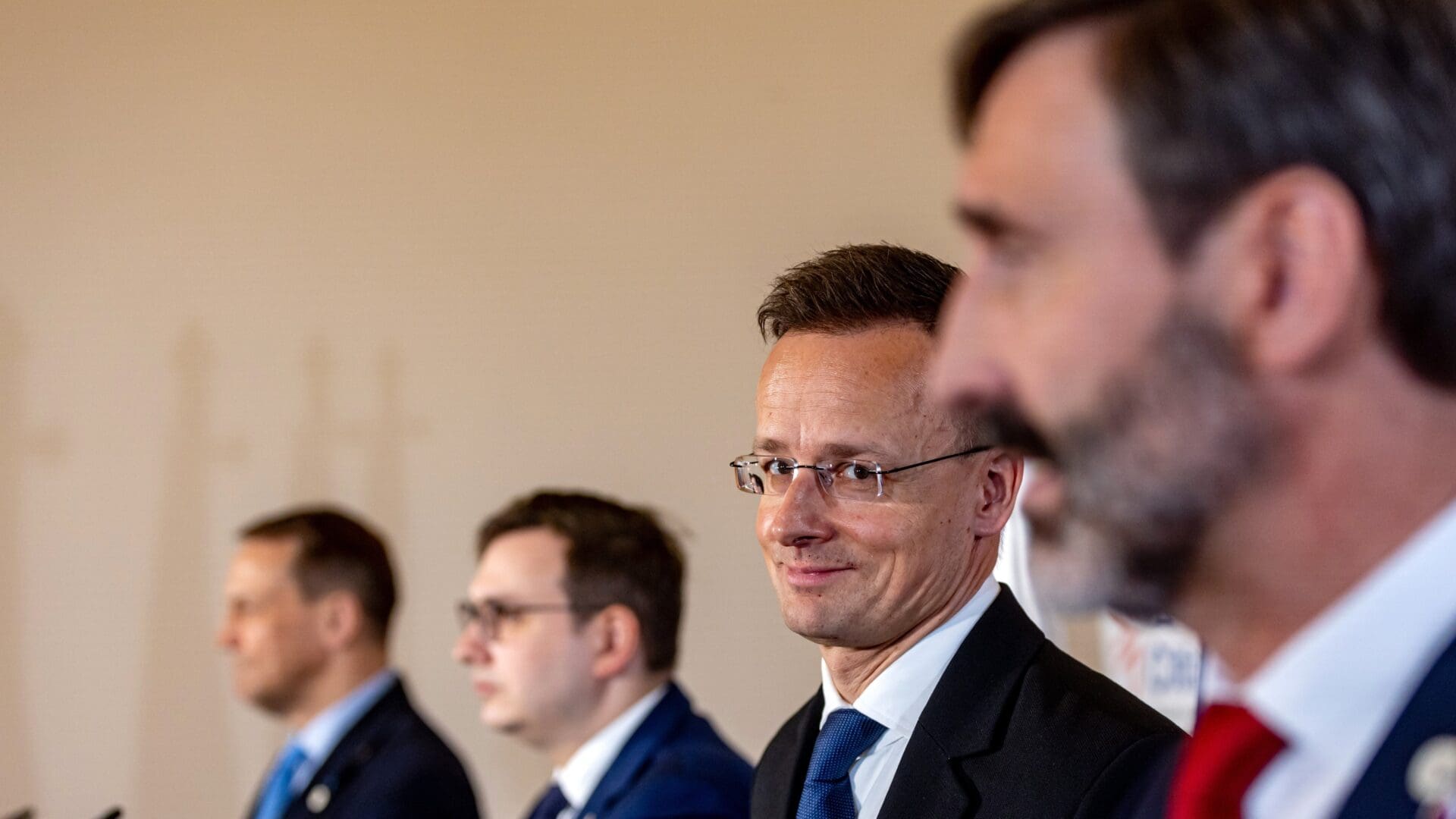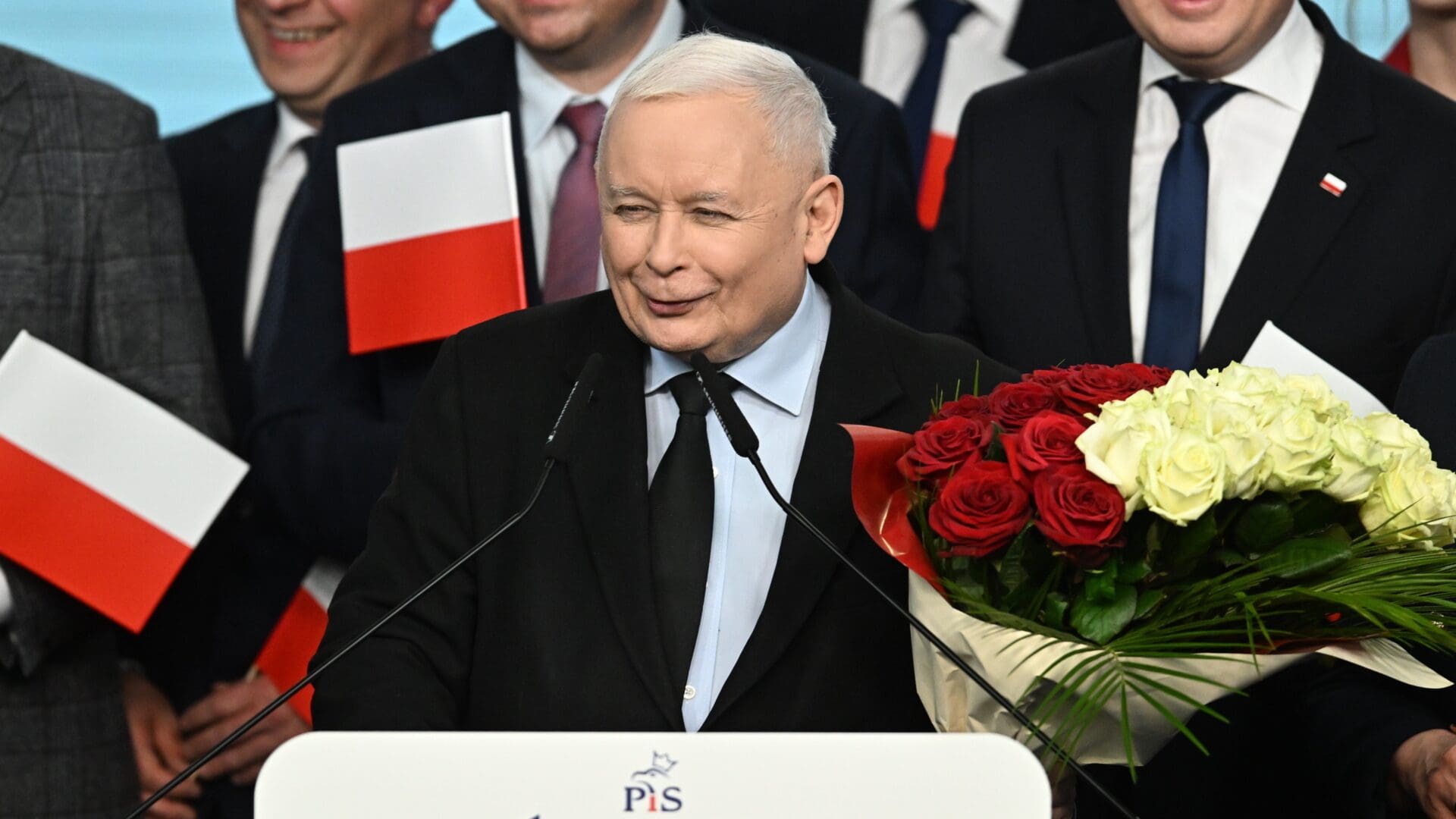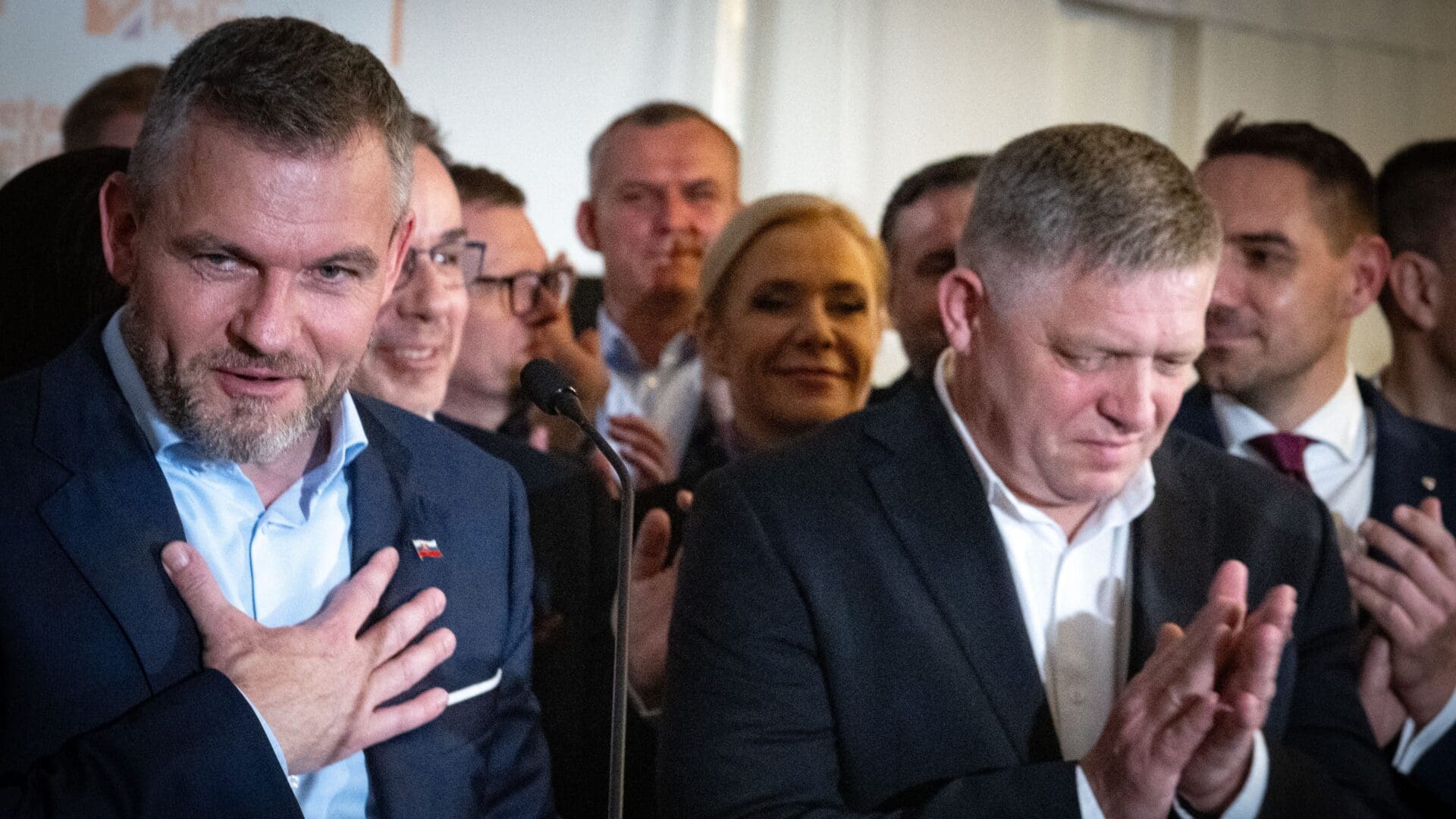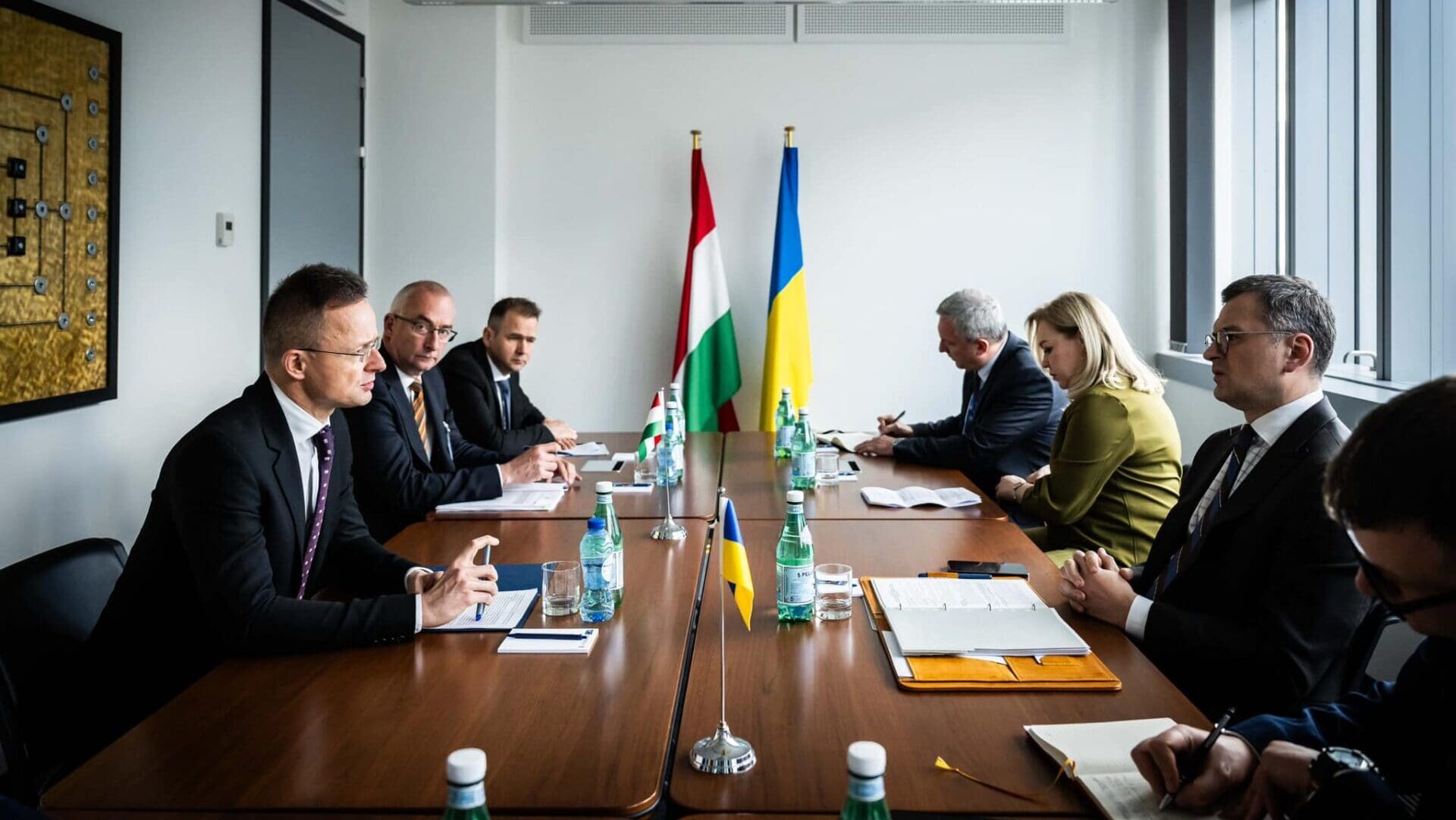
Cooperation vs Confrontation: The V4 in the Shadow of the Russia–Ukraine War
‘The Visegrad Group has reached a tipping point in the face of growing geopolitical and security challenges. The external and internal dynamics of the regional alliance of the Czech Republic, Hungary, Poland, and Slovakia have encountered obstacles where the need for unity clashes with competing views, aims, and pressures.’









